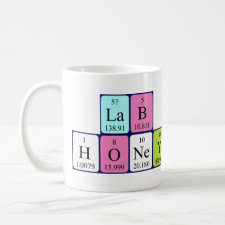
Authors: Volkmann A, Brüggemann O
Article Title: Catalysis of an ester hydrolysis applying molecularly imprinted polymer shells based on an immobilised chiral template.
Publication date: 2006
Journal: Reactive and Functional Polymers
Volume: 66
Issue: (12)
Page numbers: 1725-1733.
DOI: 10.1016/j.reactfunctpolym.2006.07.007
Alternative URL: http://teresacasimiro.com.sapo.pt/Bibliographic_References/11.pdf
Abstract: Molecularly imprinted polymer (MIP) shells are presented which have been synthesised by co-polymerising a functional monomer and a cross-linker around amino-functionalised silica particles with template molecules immobilised on their surfaces. In a subsequent step, the silica cores together with the template molecules have been dissolved by treatment with hydrofluoric acid. Due to the use of a transition state analogue of a hydrolysis reaction as template, the resulting polymer shells equipped with molecular imprints on their inner surfaces offer catalytic activity regarding the selected hydrolysis reaction. Furthermore, the molecular imprints, i.e., the catalytically active binding sites, have been provided with steric information, since an immobilised chiral phosphonate has been used as template. The findings presented here, can be considered as a new starting point with respect to the generation of enantioselective MIP-catalysts
Template and target information: ethyl-Boc-S-(-)-phenylalaninyl-4-(Boc-imino)benzylphosphonate, Boc-S-IP
Author keywords: molecular imprinting, polymer, Chiral template, Immobilised, catalysis, enantioselective, hydrolysis



Join the Society for Molecular Imprinting

New items RSS feed
Sign-up for e-mail updates:
Choose between receiving an occasional newsletter or more frequent e-mail alerts.
Click here to go to the sign-up page.
Is your name elemental or peptidic? Enter your name and find out by clicking either of the buttons below!
Other products you may like:
 MIPdatabase
MIPdatabase









